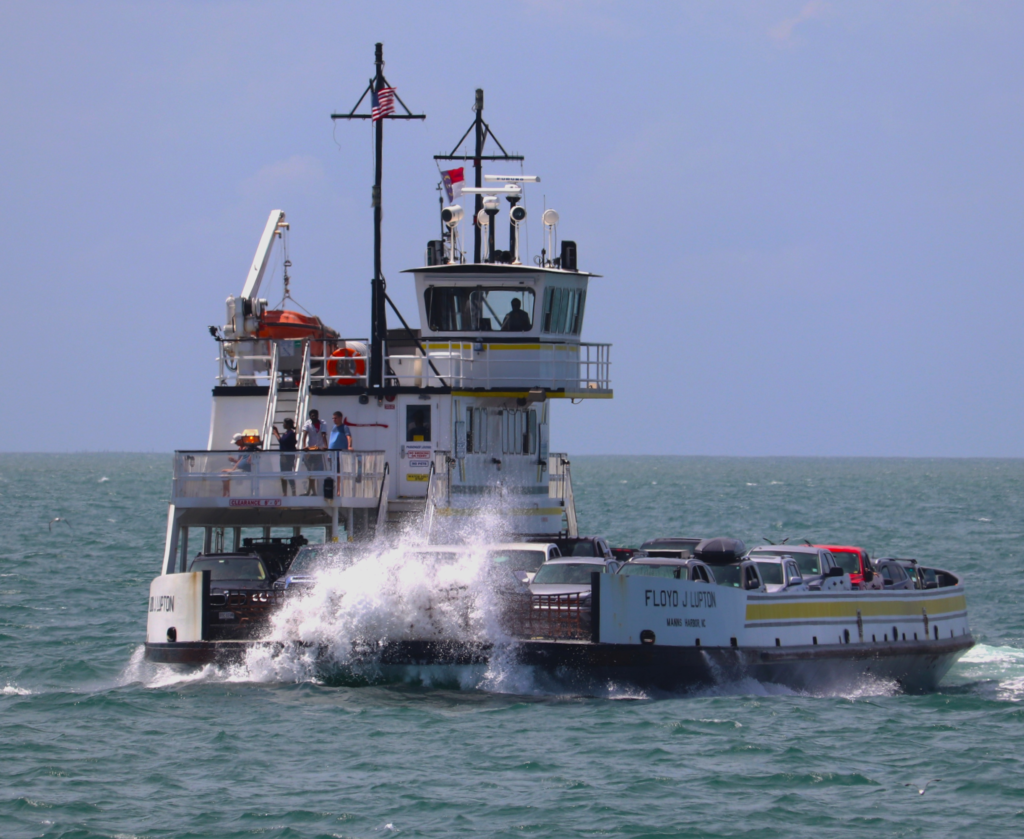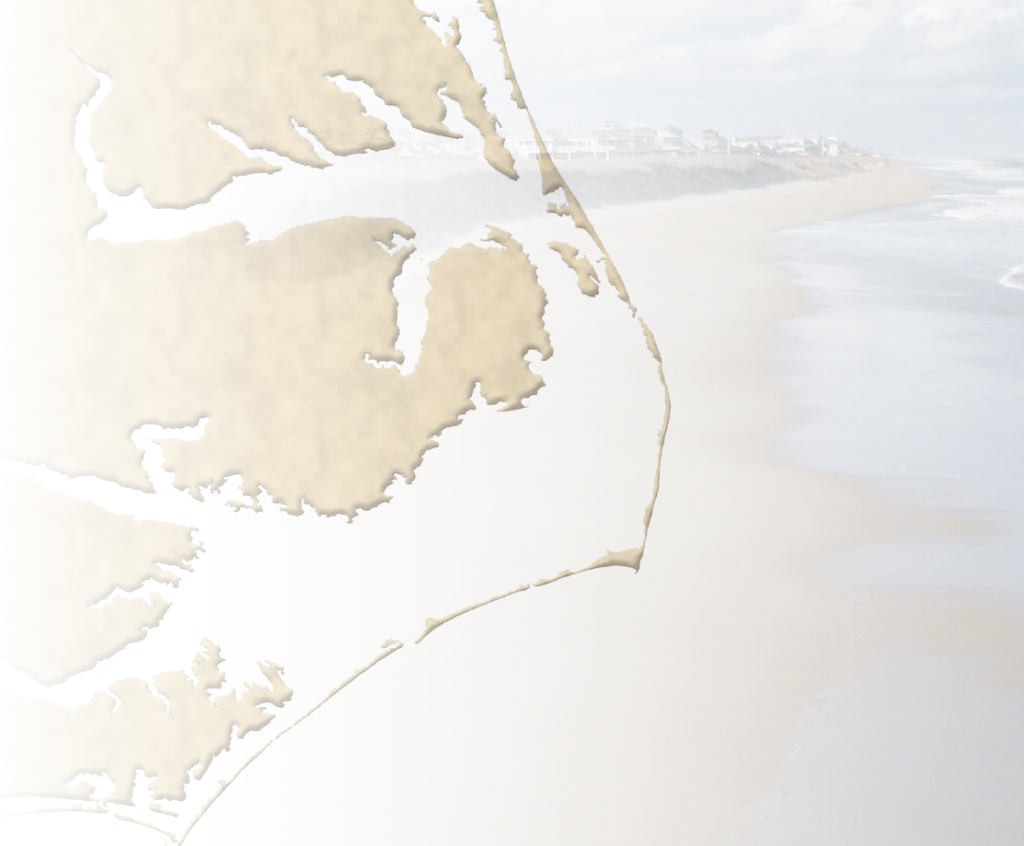Coming Soon – A Fascinating Book Published by Amazon Publishing!
Discover. Appreciate. Visit.

The Outer Banks of North Carolina is an absolutely breathtaking and captivating destination that stands as a true gem among the United States' most remarkable landscapes. This slender strip of barrier islands is steeped in rich history, dating back centuries, and boasts an unparalleled allure that draws visitors from far and wide. The rugged beauty of the Outer Banks is a testament to the raw power of nature, with its windswept beaches, towering dunes, and sprawling maritime forests that seem to stretch on forever. Yet, beneath this untamed exterior lies a delicate ecosystem, a fragile balance that has been shaped by the relentless forces of wind, water, and time. It is this very fragility that makes the Outer Banks so special, a place where one can witness the awe-inspiring interplay between man and nature, and marvel at the resilience of a land that has endured for generations.

“Outer Banks History” by Jeannie and Donn Jasura is an extraordinary masterpiece that takes readers on a captivating journey through the rich and diverse history of North Carolina's Outer Banks. This meticulously researched and beautifully written book is a must-read for anyone interested in the fascinating stories and pivotal moments that have shaped this unique coastal region. The authors' dedication to uncovering the lesser-known aspects of Outer Banks history is evident in every page, as they weave together a compelling narrative that spans centuries and encompasses a wide range of topics, from the earliest human settlements to the modern-day challenges faced by the region's communities.
From the early indigenous settlements, such as the Algonquian-speaking tribes that inhabited the area long before the arrival of European explorers, to the groundbreaking achievements of the Wright brothers at Kitty Hawk, the authors have left no stone unturned in their quest to uncover the untold stories and hidden gems of Outer Banks history. The engaging narratives, supplemented by rare photographs and carefully curated historical accounts, bring the past to life, transporting readers to a world of exploration, resilience, and innovation. The book's vivid descriptions of the landscape, the people, and the events that shaped the region's history create a truly immersive reading experience.
One of the most remarkable aspects of “Outer Banks History” is its ability to weave together seemingly disparate threads into a cohesive and compelling tapestry. The authors skillfully navigate the complexities of the region's history, highlighting the interconnectedness of events and the enduring impact of key figures and communities. From the early English settlements at Roanoke Island and the mysterious disappearance of the “Lost Colony,” to the rise of the region's fishing and shipping industries, the book presents a comprehensive and nuanced portrait of the Outer Banks' past. The authors' attention to detail and their ability to contextualize historical events within the broader framework of American history make this book an invaluable resource for scholars and general readers alike.
The book's chapters on the challenges faced by early European settlers, such as the harsh weather conditions, the shifting sands of the barrier islands, and the constant threat of pirate attacks, offer a fascinating glimpse into the daily lives of the region's early inhabitants. The authors also dedicate significant attention to the heroic efforts of the U.S. Coast Guard and Navy during World Wars I and II, highlighting the critical role that the Outer Banks played in the defense of the nation's coastline. The sections on the iconic lighthouses that have guided mariners through treacherous waters, such as the Cape Hatteras Lighthouse and the Bodie Island Lighthouse, are particularly noteworthy, as they offer a wealth of insight into the resilience and determination of the people who have called the Outer Banks home, and the ways in which they have adapted to the ever-changing landscape and forces of nature.
Throughout the book, Jeannie and Donn Jasura's passion for their subject matter shines through, making “Outer Banks History” not just an informative read, but an utterly engrossing one. Their writing style is engaging and accessible, making even the most complex historical concepts easy to understand and appreciate. The authors' deep knowledge of the region's history and their commitment to sharing its stories with a wider audience are evident in every chapter, as they bring to life the people, places, and events that have shaped the Outer Banks over the centuries.
Perhaps most importantly, “Outer Banks History” is a book that celebrates the human spirit and the power of community. From the indigenous tribes who first inhabited the region, to the early European settlers who braved the challenges of the New World, to the modern-day residents who continue to shape its future, the Outer Banks emerges as a place of resilience, creativity, and enduring beauty. The authors' portrayal of the region's communities, their struggles and triumphs, their traditions and innovations, is both heartfelt and inspiring, reminding readers of the importance of preserving and celebrating our shared history.
In conclusion, “Outer Banks History” is an outstanding achievement that sets a new standard for regional history books. Jeannie and Donn Jasura have created a true masterpiece that will be treasured by generations of readers, and that will undoubtedly inspire a newfound appreciation for the rich and fascinating history of North Carolina's Outer Banks. The book's comprehensive scope, meticulous research, engaging writing style, and profound insights into the human experience make it an essential read for anyone interested in American history, coastal communities, or the enduring power of the human spirit. “Outer Banks History” is a book that will stay with readers long after they have turned the final page, and that will inspire them to explore the region's past and present with renewed curiosity and appreciation.

